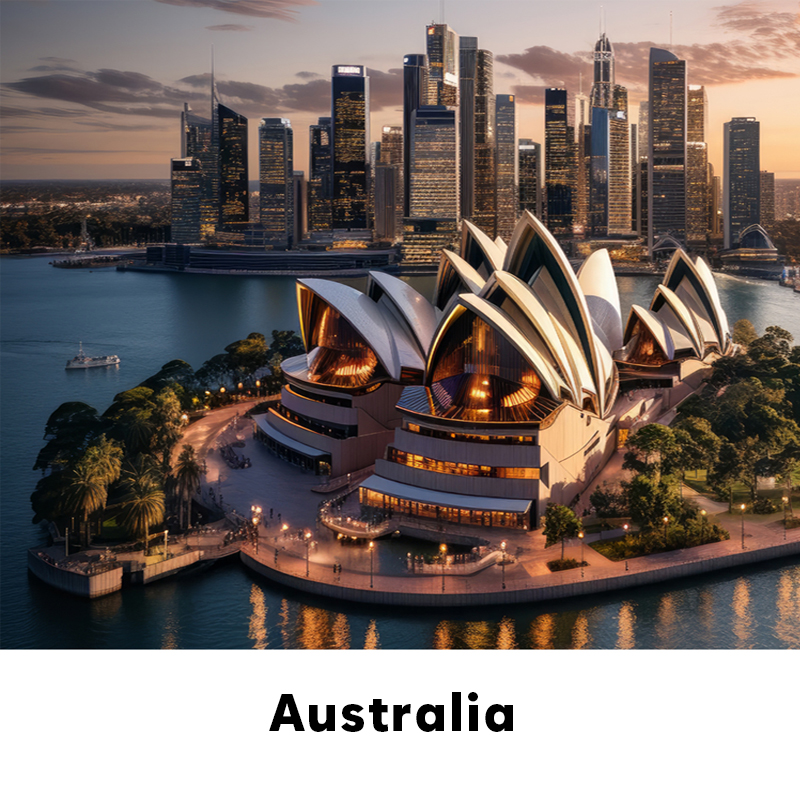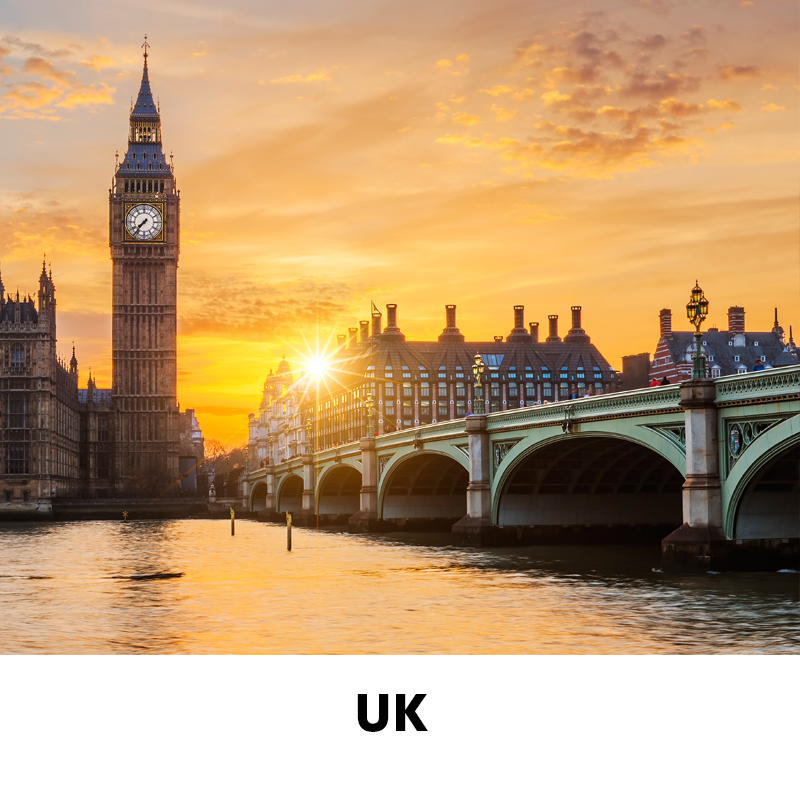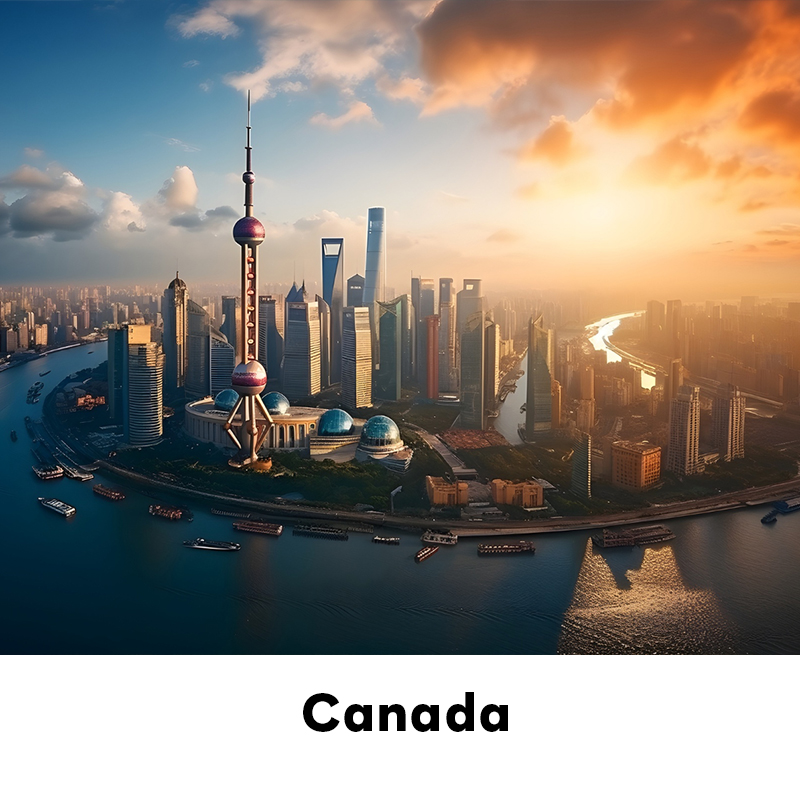Studying in Ireland can be a rewarding experience, as the country is known for its rich cultural heritage, friendly people, and high-quality education system. Ireland ranked world’s top destination for exceptional quality of life, peace, and human development among Indian students and is increasing the incoming foreign students not only from India but also other countries. Most commonly, the higher education in humanities, education, and arts are a little cheaper than the courses such as Engineering, Medicine, management and business in Ireland. Ireland is the country with a vibrant culture that rewards innovation and entrepreneurial spirit and offers multiple opportunities to grow academically, socially, professionally with practical training beyond the class curriculum. Ireland is renowned for high-quality education and universities such as Trinity College Dublin, NUI Galway, University College Dublin ranks among the top global universities. Ireland offers affordable tuition fees with part-time working opportunities while studying and post-study work permit upto two years. Some key steps and information that should be considered if you're interested in studying in Ireland:
1.Country of the welcomes
The Ireland known for the warm hospitality and friendliness for the international visitors and offers a homely environment. Irish welcomes the visitors, tourists and newcomers with friendly and open-hearted reception. Their overwhelmingly friendly nature and politeness will wow you. It is a tourist thing to use your map when trying to locate places, however, do not hesitate to ask as the Irish are always willing to pull out all the stops to give you directions. The Irish are big on banter, and the predominant custom that is quickly noticeable is their love for dogs and coffee. You will see people walking their dogs, and If you know a thing or two about dogs, you are more likely to get along with them easily.
It is also a uniquely Irish thing to use the magic word “sorry” all the time. They value relationships, and whether apologising or grabbing your attention, “sorry”. “Sorry” will all be around you. When speaking on the phone, you will also be surprised by the countless number of “byes” that come when a person is about to end the conversation. And sandwiches oh my…. I had always thought them to be a snack, but I came to realise that they are the go-to lunch for the Irish!
2.Choose a Course and University:
Ireland offers a wide range of undergraduate and postgraduate programs. Research and choose a course that aligns with your academic and career goals.
Explore universities in Ireland, such as Trinity College Dublin, University College Dublin, University College Cork, and others, to find the one that best fits your needs.
3.Admission Requirements:
Check the specific admission requirements for the course and university you're interested in. Requirements may include academic qualifications, language proficiency (usually IELTS or TOEFL), and other criteria. Student needs to submit the below documents in order to start the processing:
- University course degree and transcripts
- English language test scores
- Work experience (if required)
- GRE or GMAT scores (if required)
- Statement of purpose
- Recommendation letters
4.Scholarship opportunities:
Ireland offers wide range of scholarship to support the international students to cover the tuition fee and living expenses. Various prestigious like “The government of Ireland International Education Scholarships”, “The Walsh Fellowship”, Government of Ireland Postgraduate scholarship” offers a stipend of 16,000 euros per annum along with additional research support based on the need.
Additionally student can have an ample funding opportunities from the universities and one need to explore the opportunities, and consider part-time work options allowed under your student visa.
5.Student Visa:
If you are a non-EU/EEA student, you'll likely need a student visa to study in Ireland. Contact the Irish Naturalisation and Immigration Service (INIS) for the most up-to-date visa information.
Prepare the necessary documents for your visa application, which may include:
- Passport (valid for at least 12 months after your proposed course completion date).
- Completed visa application form.
- Passport-sized photographs.
- Letter of acceptance from the educational institution.
- Evidence of tuition fee payment.
- Proof of accommodation arrangements.
- Evidence of sufficient funds to cover living expenses.
- Proof of private medical insurance.
- Academic transcripts and certificates.
Complete the online visa application form on the Irish Naturalisation and Immigration Service (INIS) website.
Pay the applicable visa application fee. Fees can vary, so check the most up-to-date information on the INIS website.
Depending on your nationality, you may be required to provide biometric information as part of the application process.
Submit your visa application and supporting documents to the Irish embassy or consulate in your home country or the nearest visa application center.
Visa processing times can vary, so it's advisable to apply well in advance of your intended travel date. Check the estimated processing times on the INIS website.
Once a decision is made on your visa application, you will be notified. If approved, collect your visa from the embassy, consulate, or visa application center.
6.Lowest tuition fee:
The tuition fee for the international students in Ireland varies depending the course and university along with the students qualification. The typical annual tuition fee varies from 10,000 euros to 25,000 euros yearly. The average tuition fee for international students will cost around 12,000 euro per annum. The tuition fee varies from institute to institute based on the type of the institute in Ireland.
The average tuition fee for MBA degree is 12,750 EUR in Ireland which makes Ireland is attractive to the international students to pursue their MBA. The Irish government has started investing more than 10 billion euros on education from 2020 and also has planned to offer free education under certain conditions.
7.Accommodation:
Look for suitable accommodation options. Many universities offer on-campus housing, and there are also private rental options available at affordable prices. The estimated cost of living in Ireland for a student is 7,000 -12,000 euros per year which includes rent, electricity, food, books, medicine and others except tuition fees. It also varies from city to city and type of accommodation. Dublin is the most expensive city to live compared with the other cities in Ireland.
8.Health Insurance:
If you are visiting Ireland, you may be entitled to health services that are free or subsidised, depending on your circumstances. Health insurance is mandatory for international students in Ireland. Ensure you have the required health coverage during your stay. Various heal insurance plans are available for the international students to cover most of the health expenses in Ireland. The average annual cost of Irish health insurance per adult was 1,412 euros in 2022.
Your entitlement to health services is mainly based on residency and means, rather than on your payment of tax or Pay Related Social Insurance (PRSI). There are some exceptions and these are described below.
If you come to live, work or study in Ireland and intend to stay for at least one year or retire to Ireland, you are likely to be regarded as living here (ordinarily resident is the legal term) and to come under the rules as described in Entitlement to health services
(https://www.citizensinformation.ie/en/health/health-system/entitlement-to-public-health-services/)You can access videos in 17 different languages from the Health Service Executive (https://www.hse.ie/eng/services/mhml/)that give information on health topics such as how the Irish health system works, accessing different types of health care, free health services, and information on pregnancy, new-born and maternal health.
9.Explore Student Life:
Familiarize yourself with the local culture and student life in Ireland. Joining student organizations and engaging in extracurricular activities can enhance your overall experience. Ireland's universities attract students from all over the world, creating a culturally diverse environment. This diversity is reflected in the student body, clubs, and events on campus. Universities in Ireland offer a wide range of student societies and clubs catering to various interests, including sports, arts, culture, languages, and more. Joining a society is a great way to meet people and engage in activities you're passionate about.
Many universities have state-of-the-art sports facilities and offer a variety of sports programs. Whether you enjoy playing casually or participating in competitive sports, there are opportunities for everyone. Ireland is known for its vibrant social scene. Students can participate in various events, festivals, and celebrations throughout the academic year. St. Patrick's Day, in particular, is a widely celebrated national holiday.
Cities like Dublin, Galway, and Cork are famous for their lively nightlife. There are numerous pubs, bars, and clubs where students can unwind, socialize, and enjoy live music. Ireland's rich cultural and historical heritage offers students the chance to explore castles, museums, theaters, and archaeological sites. Weekend trips and study breaks can include visits to iconic landmarks and scenic landscapes. Universities in Ireland typically offer excellent student support services, including academic guidance, counseling, and health services, ensuring that students have the resources they need for a successful academic journey.
Many universities encourage students to get involved in community service and volunteering initiatives. This not only contributes to personal growth but also strengthens ties between the university and the local community. Ireland's strong ties with industries such as technology, pharmaceuticals, and finance provide students with networking opportunities through career fairs, guest lectures, and industry events.
10.Post-Study Opportunities:
Investigate potential post-study work opportunities or options for further study in Ireland after completing your program.
Many international students apply for post study work visa Ireland to be able to stay back and work in Ireland after completing their education. This is because of various reasons:
Ireland is the home to top companies (number of fortune 500) such as Google, Apple, Facebook, Microsoft etc.
The well-structured work landscape in Ireland made the hub for multiple businesses to flourish.
The Ireland also offers the best perks such as affordable cost of living and friendly culture to non-EU residents.
With fewer unemployment rates of less than 5%, Ireland attracts the international students to pursue the post-study work permit in Ireland. The most common language being used in Ireland is English which makes there is no language barrier in the working places in Ireland.
11.Stay Informed:
Keep yourself updated on any changes in immigration policies, student support services, and other relevant information. Before making any decisions, it's advisable to check with the specific university and the Irish government for the most accurate and up-to-date information. Additionally, seek guidance from educational counselors or agencies to navigate the application process smoothly.

















